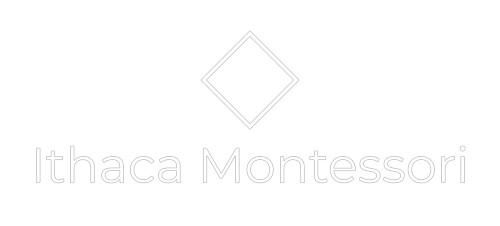Dr. Maria Montessori, the woman responsible for devising the Montessori Method, once stated that the brain remembers what the hand does. It’s an apt description that ties in perfectly with her educational philosophy.
Since its inception, the Montessori Method has highly advocated experimental and discovery-based learning. As a result, Montessori schools globally have devised lessons to facilitate hands-on learning for students.
Most early educational approaches subscribed to a one-size-fits-all educational philosophy. However, that changed when Dr. Maria Montessori introduced the Montessori Method. Unlike other traditional educational systems, this method emphasizes each child’s uniqueness and individuality. It reinforces that children don’t have the same interests or developmental needs. For instance, a three-year-old may be interested in learning a specific concept, while another child might not show interest in the same topic until they’re a year or two older.
Resultantly, Montessori schools have devised systems to accommodate these children’s different developmental needs by letting them explore and discover their interests through hands-on learning.
The Scientific Research Backing Hands-On Learning
Multiple scientific studies show the power of hands-on learning. According to Goodwin College research, students grasp concepts quicker and more comprehensively when actively engaged in learning. Likewise, another published study corroborates these findings by showing that students can learn basic mathematical concepts more effectively through hands-on or activity-oriented learning.
Active Education
Active education is particularly important for children. When you think of traditional classroom settings, what do you envision? You’ll likely picture an instructor demonstrating concepts on a blackboard while students try to pay attention.
Montessori classrooms deviate from such norms because they’re not conducive to hands-on learning. You’ll find most Montessori classrooms have flexible seating and table groups. Children can choose where to sit and collaborate with their peers in groups. Additionally, many Montessori schools focus on having self-correcting materials visible for children to learn and play with at any given time.
These materials are designed to promote experimental and discovery learning. Students can pick these materials if they pique their interests and use them accordingly. Since they’re self-correcting, constant teacher supervision isn’t required.
How Hands-On Learning Works for Children
Hands-on learning works, as the name implies. Children start by using their hands to facilitate their understanding of concepts. Think about it this way: What’s the most effective method for teaching children math, language, history, etc.? Montessori classrooms use the abacus to teach children simple mathematical concepts like addition and subtraction. Likewise, they often include toys for children to learn more about animals and objects. Using hands contributes to the learning process, aiding retention and understanding among children.
That’s not all. If you were to observe a Montessori classroom closely, you’d notice hands-on learning is omnipresent. For instance, children learn the importance of preserving and cleaning their surrounding environment when clearing their workstations while simultaneously exercising their hands to make gestures and motions similar to those used in other activities such as drawing. Similarly, playing with puzzles helps children understand movement precision while learning about the differences in object sizes.
As a result, hands-on learning also has an intangible benefit that many people overlook. Hands-on learning can teach children about multiple objectives and things simultaneously.
Ithaca Montessori: Your Ideal Montessori Preschool in Nashville, TN
Do you want to enroll your child in a preschool in Nashville, TN? Ithaca Montessori is a Montessori school that focuses on early childhood development. Our Kids Education Program can prepare your child for success later in life and is perfect for 2.5-5-year-olds. Visit our website for more information. Alternatively, contact us today to learn more.


